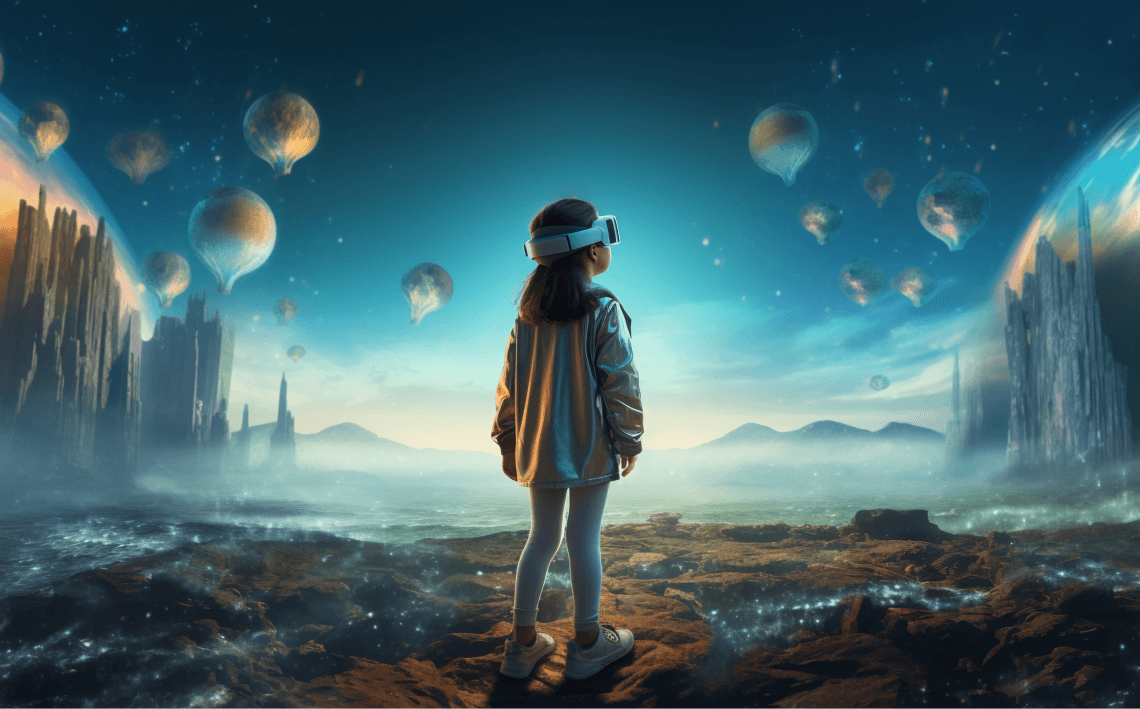Exploring the Future of Art with AIphot
Smith Roy
Nov 12, 2024
Artificial Intelligence
Introduction.
Art has always been a mirror of human creativity, constantly evolving with new tools and techniques. In the modern digital age, the fusion of art and technology has taken creativity to unprecedented heights, especially with the introduction of artificial intelligence (AI).
AI is transforming numerous fields, and the world of photography and visual arts is no exception. Enter AIphot—an exciting new frontier where AI meets photography, pushing the boundaries of what is possible in the visual arts.
AIphot: The Fusion of AI and Photography
At its core, AIphot leverages advanced machine learning algorithms to analyze and generate images in ways that go beyond the capabilities of traditional photography tools.
From enhancing existing photos to creating entirely new compositions, AIphot provides photographers and artists with a powerful toolkit. Whether it’s enhancing color contrast, generating new textures, or creating artistic renditions from scratch, AIphot is changing the landscape of digital creativity.
For professional photographers, AIphot introduces tools that automate and enhance many aspects of the post-production process.
New Horizons in Creativity
AIphot opens up exciting possibilities for artistic experimentation. Artists can now break free from the limitations of traditional methods, exploring entirely new forms of expression. With AI generating elements like brushstrokes, textures, and compositions, the artist can focus on higher-level creative decisions.
AIphot as a tool for expanding creative possibilities
Leverage AI to push boundaries
Emergence of generative art and hybrid approaches
It’s not just about mimicking human creativity but rather complementing and amplifying it.
Revolutionizing Workflows with AIphot
One of AIphot’s most profound impacts lies in the way it streamlines creative workflows. Traditional editing techniques, from color correction to retouching, can now be augmented—or even fully automated—by AI algorithms.
API access for seamless integration into workflows
Unlimited or bulk image generation
Priority support and SLAs (Service Level Agreements)
Cost per Image and Complexity
The complexity of an image generation request can directly affect pricing. Many AI platforms calculate costs based on factors like:
Resolution and detail level:
Higher resolution and more detailed images require more computational resources, driving up the cost.
Number of iterations:
Some platforms charge based on how many generations or revisions are requested to fine-tune the image.
Advanced features:
Adding special effects, filters, or AI-assisted design modifications can increase pricing.
Bundled Services and Add-Ons
As the ecosystem of AI-powered tools continues to grow, many providers are bundling image generation with other services, creating more value for the user. For example, some platforms now offer:
Platforms like Canva’s AI-powered tools offer bundled services that provide more than just image generation, allowing users to create entire marketing campaigns or social media posts. Bundled pricing can be particularly appealing for creators who require a full suite of tools for their projects.
The Ethical Debate: Creativity vs. Machine
With these advancements come important questions. Can machine-generated art truly be called “art”?
How much of the creative process is still in the hands of the artist when AI becomes a key contributor? These ethical debates are growing louder as AI tools become more sophisticated and capable of creating stunning works of art.
The Future of AI in Art
Looking ahead, the future of AI in the art world appears boundless. As AIphot technology continues to evolve, it may one day develop the ability to autonomously create entire art collections, pushing the boundaries of creativity even further.
However, rather than fearing AI as a replacement for human artists, it should be seen as a collaborator, one that enhances creativity and broadens the artistic landscape.
In fact, some experts predict that AI will give rise to entirely new art movements, just as photography once did in the 19th century. AI might not just influence art—it could redefine it, offering new forms, styles, and methods of expression that we’ve yet to imagine.








